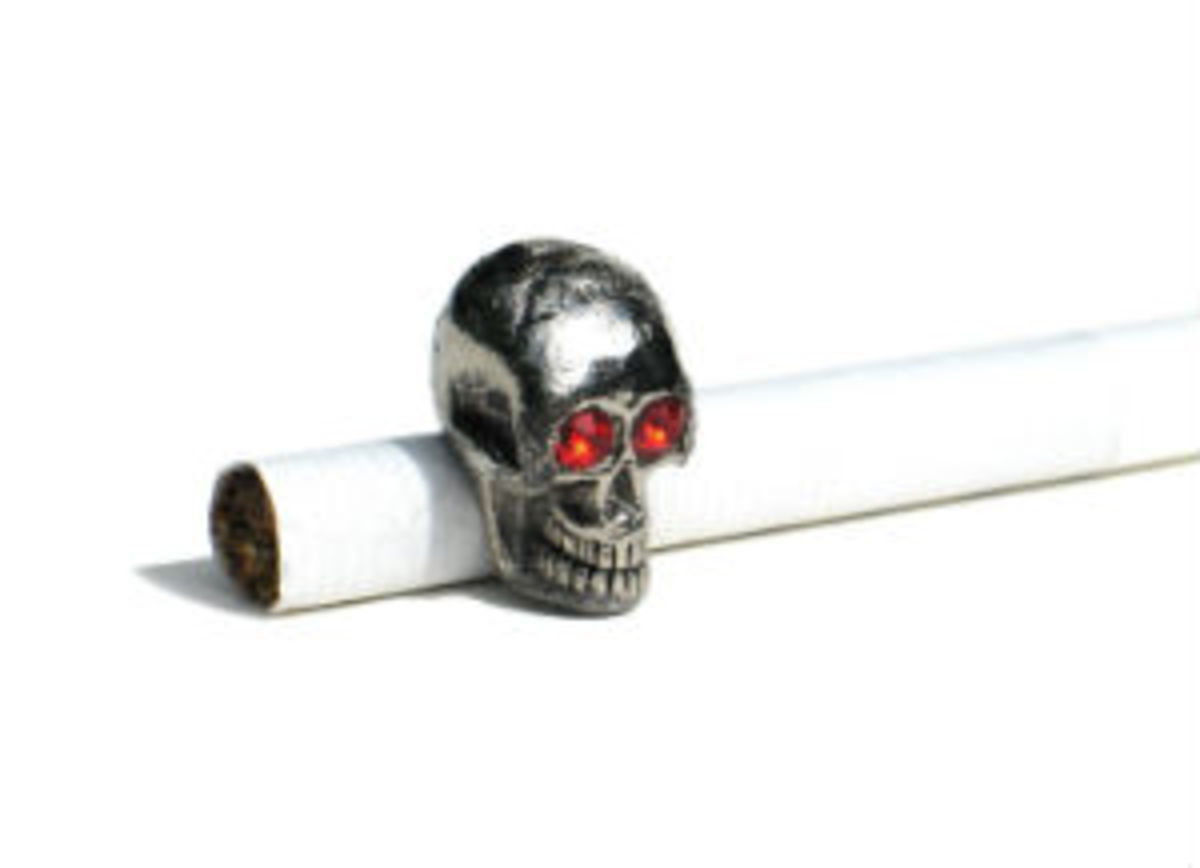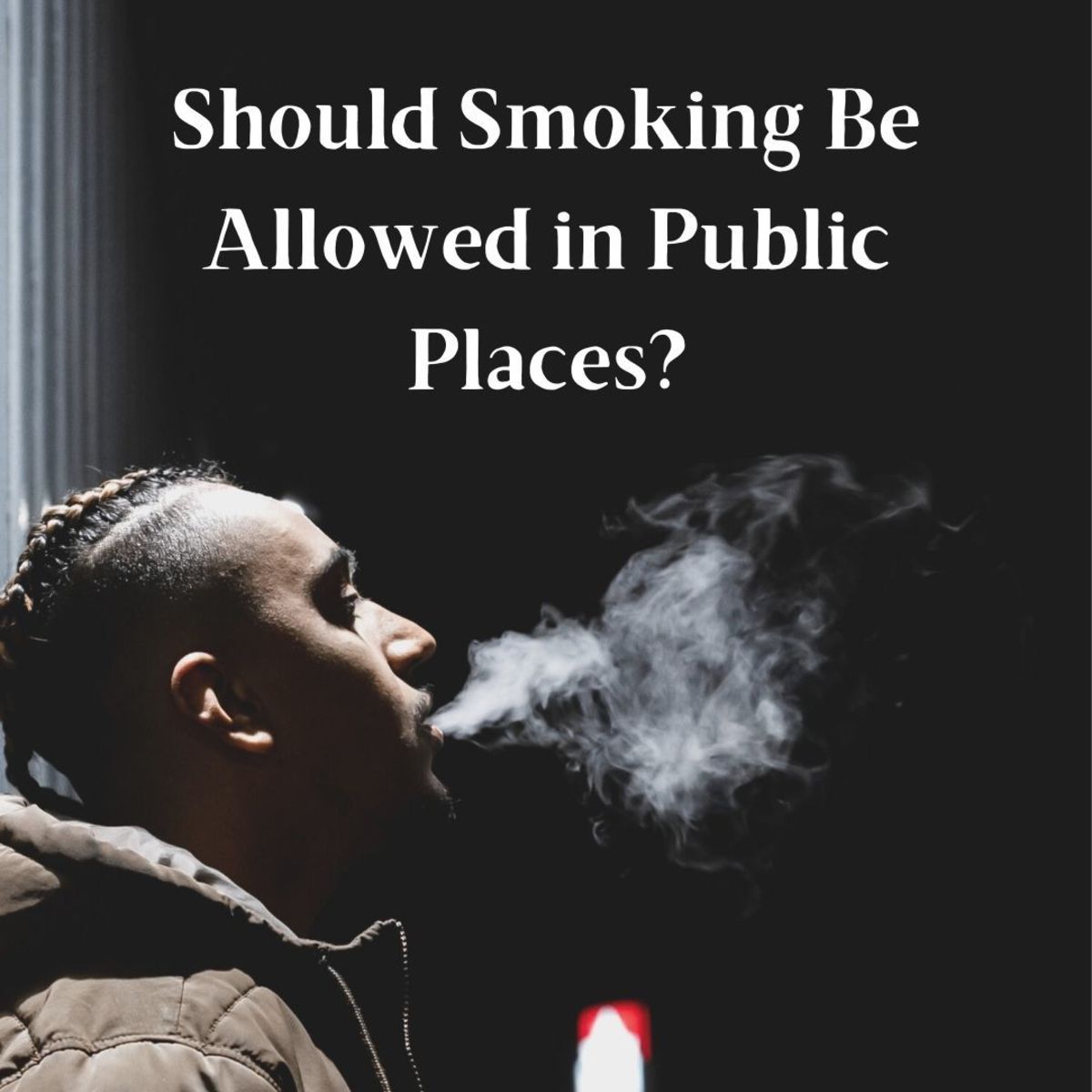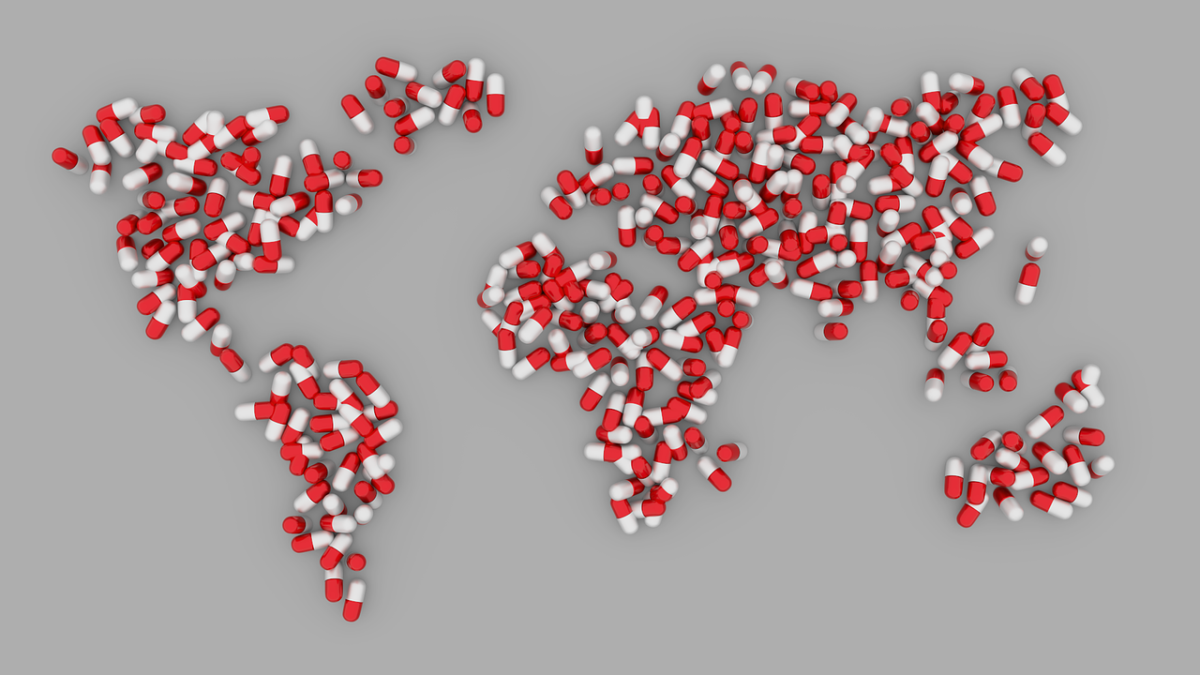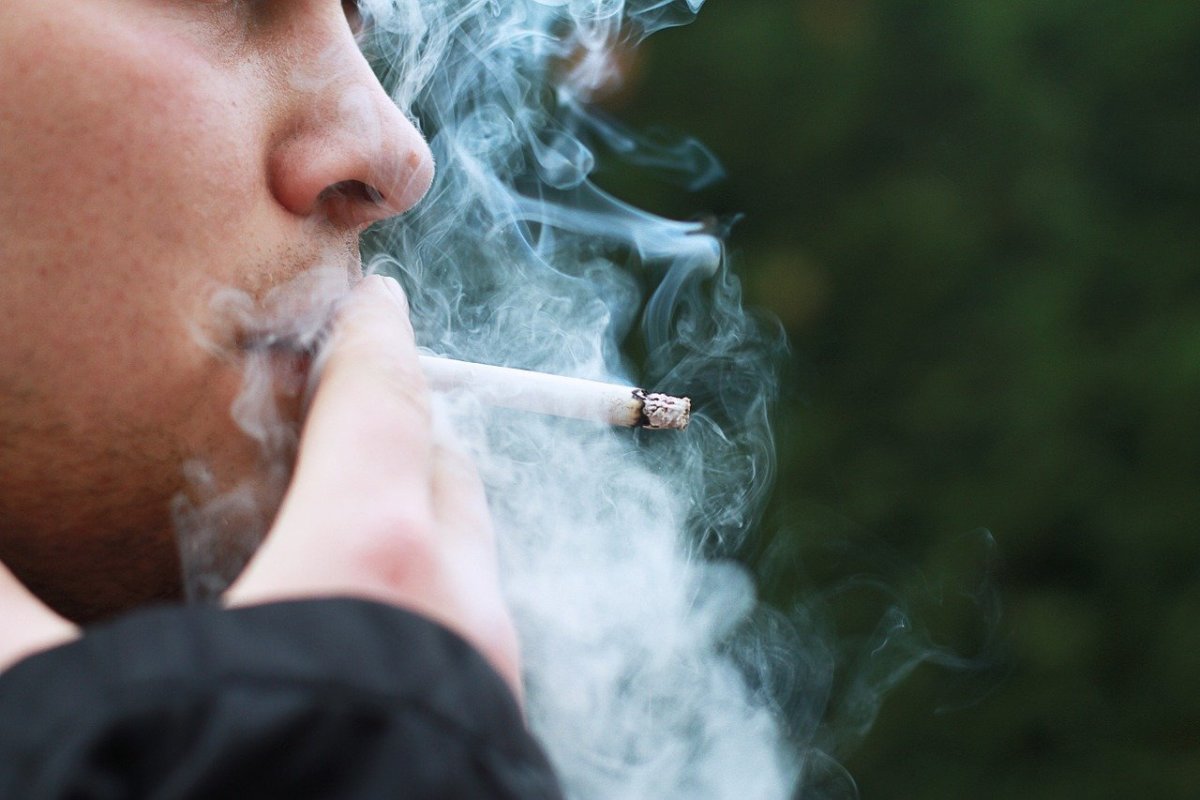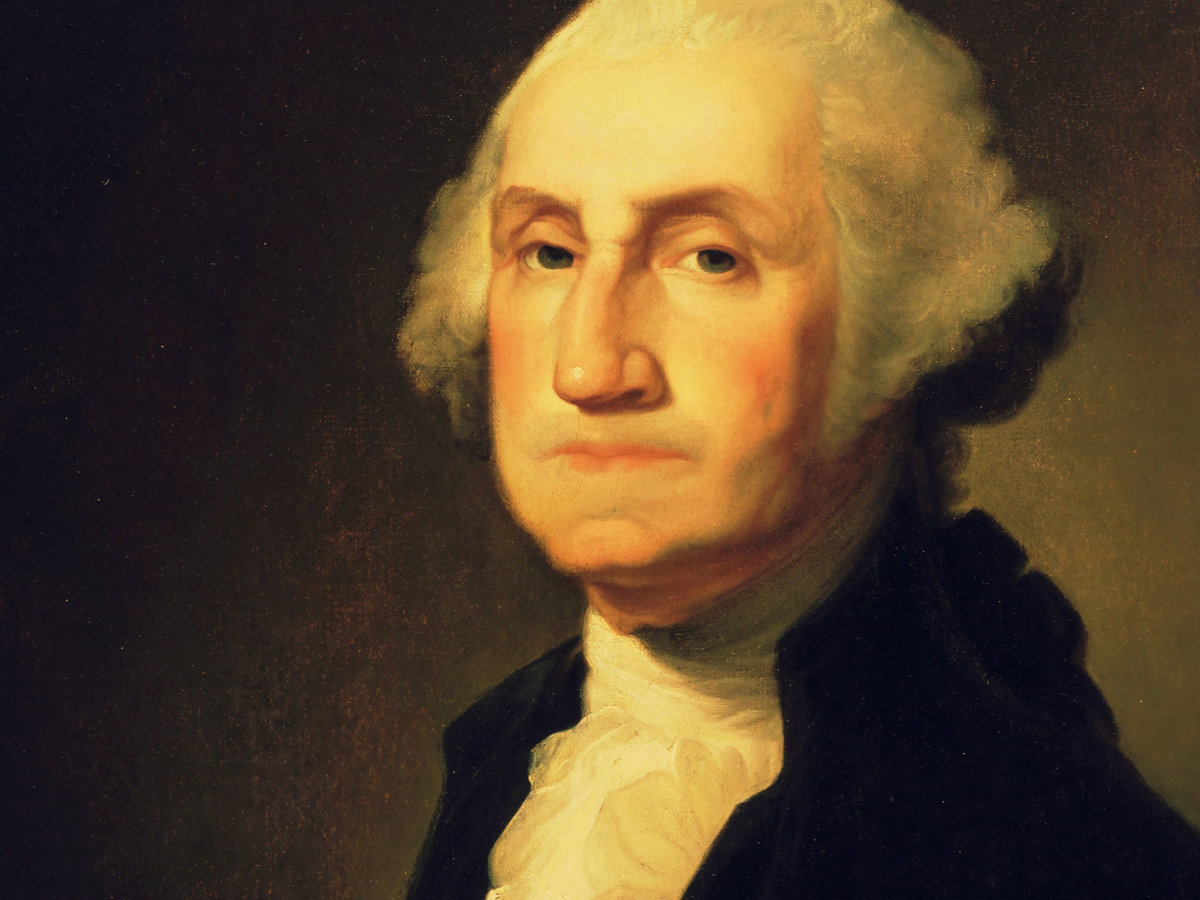Are Anti-Tobacco Groups Lying to Us?
A Quick Word from the Author Before We Start
I recently got my 2-year chip for being tobacco free. If you’re asking yourself, “Where do you get a chip for quitting tobacco?” There may be other groups that give them out, but my wife makes me one each year. It’s been an arduous, painful battle to get where I’m at, and I still have bad days, but though the craving continues to hit on occasion, I’m still free.
The reason I’m writing this introduction is that sometimes people don’t understand my motivations for writing articles that criticize anti-tobacco groups when I’ve fought, am fighting the addiction myself. How can somebody hate tobacco and the way it claims human lives in one breath, and in the next criticize so many of the groups that oppose it? The answer is nonsense is nonsense. As the adage goes, “Two wrongs don’t make a right.”
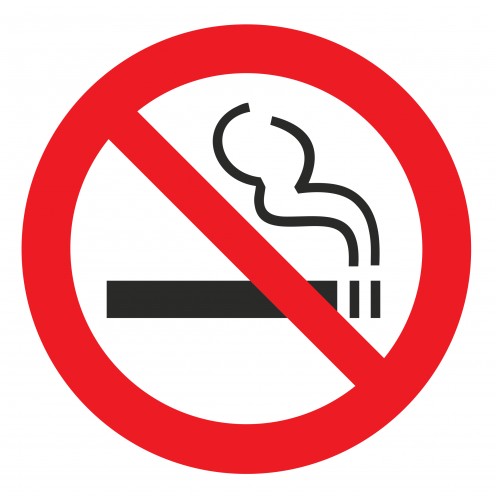
A Quick History Lesson
The tobacco companies spent billions of dollars over the course of at least a century to lie to the public about their product. They started by hailing it as a cure-all medicine. At some point that bubble burst, so the business paradigm changed to marketing tobacco as a harmless and enjoyable habit. A big push from anti-tobacco groups, and finally the tobacco companies were forced, however reluctantly, to admit that their product might could actually make a person sick.
So on etcetera until we get to the modern day scenario in which the anti-tobacco groups have the upper hand. The good guys won? Actually, no, I don’t believe they have. I think the good guys are just becoming the bad guys. To what end? The same end as always: Money.
I believe just as the tobacco companies falsified information for their own gains, anti-tobacco groups are falsifying information to advance their monetary wealth. The result is a culture of unreliable data that does not help society one damn bit.

Why does it Matter?
So why, you might ask, does it matter if we fudge the numbers concerning an admittedly deadly product like tobacco? The reasons are so very numerous, but let me outline a few.
One reason is that it marginalizes the tobacco companies to the point that it seems all but righteous to steal from them. And who is it that is ultimately able to wrestle the money away from them: the victims, the victims’ families? Sure, they have to get some token amount for the newspaper headlines, but no, this money primarily ends up going to lawyers and various other groups that were already wealthy whose interests are only monetary.
And even if the tobacco companies are willing to call their product what it is: poison, the sharks smell blood in the water and aren’t willing to stop until there’s not so much as a piece of cartilage or gristle left. Again, so, what’s the problem?
Well, eventually tobacco is made illegal, because making drugs illegal has always been so successful in the past, right?
In fact, these anti-tobacco campaigns are already laying the ground work and marginalizing tobacco addicts. Think about it. Remember when smokers were victims?
We’ve went from tobacco kills smokers, to tobacco kills people exposed to secondhand smoke, to making people smoke outside, to 15 feet away from entrances, to nobody can use tobacco products anywhere, and if they do they may as well be picking folks off with a sniper rifle.
Do you see where the scale was tipped from reasonable to accusatory nonsense? In a free society, it is reasonable to ask folks to smoke outside, with the evidence. Whether the statistics have been bloated over time or not, it is known that secondhand smoke can kill. Does that really mean that folks who want to hack a butt outside on break should be treated like criminals?
Here’s an even better example. I used tobacco for roughly 19 years, but I didn’t smoke. I dipped. Unless you accidently take a swig out of a spit cup, there’s no such thing as secondhand chewing tobacco. I never understood why I wasn’t allowed to dip in public institutions, nor did it ever keep me from dipping there or inspire me on any level to want to quit. It just made me, a good, law-abiding citizen, feel like a criminal.
And I don’t know that any addict in the history of the world has ever quit as a result of being forced into it. People just don’t understand that breaking addiction, truly conquering it, comes from within. Yes, the support of others is helpful, but force is useless. It is practical on every level to ask smokers to take it outside. There is a clear and present danger to others if they don’t. What is foolish is to try to strong-arm employees into stopping their addiction upon penalty of losing their livelihood. These policies only breed dishonesty and make criminals of the innocent.
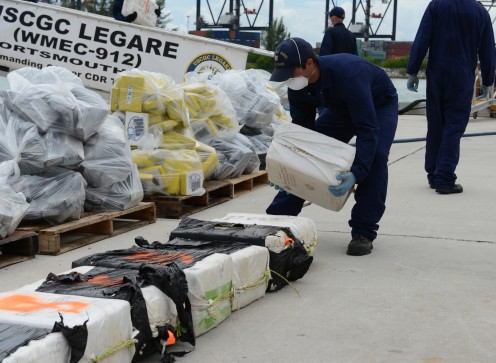
Further Reaching Implications
So as things get more vicious, the powers that be continue to divide and conquer. Tobacco users are vilified. We’re told they work less, take more sick days, etc. I ask, where is this coming from? The smoke break is not a new thing. It was never a big deal before. U.S. workers already work too many hours with too little time off at too low a pay. I say, God Bless the smokers if they’re able to get a little more time to themselves.
Question it, folks. Who wins if fewer employees are kept to work longer periods break-free with fewer days off? The employees? No! Negating the obligatory payouts that have to be doled out for appearance’s sake, it all goes to line the pockets of ownership.
And as we metamorphosize into a society willing to marginalize tobacco addicts, we start by taking away their smoking areas, to taking their jobs, to taking their right to healthcare. Again, tobacco has always killed people. They’ve been insured like everyone else. What happens when we’ve made the act of using tobacco so criminal that the insurance companies just won’t pay for their care anymore?
Again, I used tobacco for 19 years. I quit. What happens when they tell me, “I’m sorry, friend, that’s too long. We won’t cover you”? Do you think that’s crazy? Really? Do you think anything so low that an insurance company wouldn’t do it? Except for when they do it, they’ll skew things in such a way as to have the masses believe it was done in their best interests, while continuing to shirk their one and only function: to pay out claims.
What happens when all the tobacco users realize they’re just like all the other junkies needing a fix? Do you really think there is something so intrinsically different between tobacco addiction and every other that people won’t resort to crime to get high once it’s made illegal?
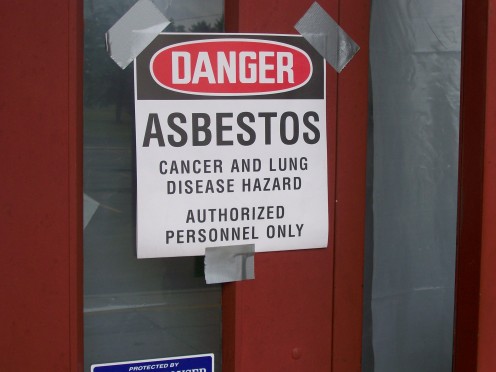
A Story of Two Brothers
Do you think I’m crazy? Well, I never claimed to be 100% accurate in any of my prognostications, but I am a keen observer of history. I know that all mistakes of the past can and probably will be made again in the future, and the biggest force behind my skepticism of the War on Tobacco is the true story of two brothers, simple farmers from Southeastern Oklahoma.
These two brothers grew up in a tobacco-free environment. One of these brothers chose to never use tobacco products. This brother worked with all manner of hazardous chemicals in the Korean war and just being the Jack of all trades that running a successful farm requires. Think about all the chemicals that have been banned over the years: poisons like DDT to substances like asbestos on farm equipment and all the other stuff in between. There was even a soap that really cleaned up a person like you wouldn’t believe but was discontinued after the death of a dozen children or so. Between the 1930s and today there have been plenty of dangerous products to be discontinued that weren’t tobacco.
The other brother chose to start dipping in his mid-30s. The tobacco gave him the energy he needed to be a farmer/mechanic/teacher/father. While he missed out on the military career, his mechanic work, far more extensive than his brother’s, would lead to just as, if not a more extensive laundry list of hazardous substances exposed to.
On top of this, the brothers came from a family whose history was fraught with cancer, especially amongst males, despite there being very few tobacco users.
One day the brother who never used tobacco gets throat cancer. He survived. A few years later the brother who dipped tobacco gets lung cancer. He died. On this brother’s Death Certificate under cause of death is written: “Tobacco Related.”
This ill-fated brother was my Father.
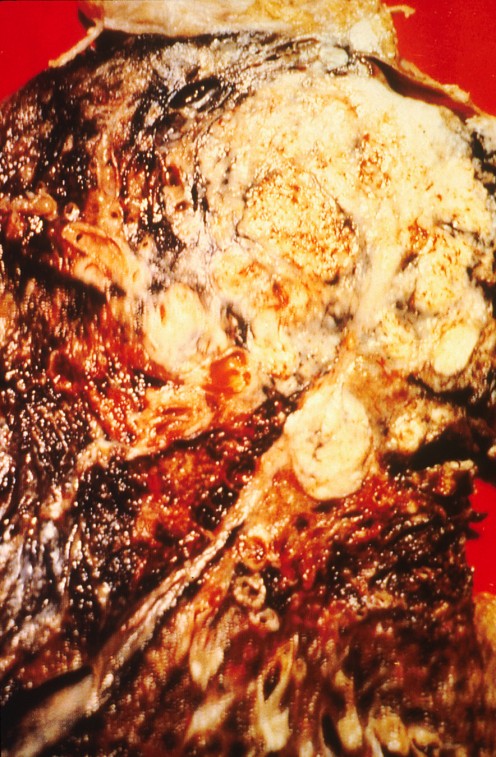
Can Smokeless Tobacco Cause Cancer?
Is it possible that years of dipping caused his lung cancer? Yes. Though unlike the obvious 1:1 relationship between lung cancer and smoking, it is theoretically possible that a dipper could get lung cancer from dipping, but seeing as with smoking, tobacco smoke is passed through the lungs constantly and purposefully, and with dipping at most a little smokeless tobacco debris makes its way through unintentionally, it’s unlikely.
It’s not that chewing tobacco doesn’t cause cancer; it causes all manner of it. There just isn’t much evidence it would cause lung cancer with any regularity.
So, not taking anything in his history into consideration besides dipping, is it probable tobacco caused my Father’s lung cancer? Again, not to a degree of any certainty. And additionally taking the rest of his history into account as a mechanic and farmer, what is the likelihood his lung cancer was caused by dipping? About zero.
Yet the coroner put, with no hesitation, on my Father’s death certificate the cause of death, definitively, as tobacco. So, there must be a test, a trustworthy method to tell beyond a reasonable doubt if a dipper’s lung cancer is caused by tobacco, right? Surely the hospitals wouldn’t falsify information just for the sake of something as trivial as a cause or funding?
Opinion
Do you think anti-tobacco groups are falsifying information?
Conclusions:
My Father’s death certificate, and I suspect many others, is just a lie! And it matters!! Lies get us nowhere!!! And we’ve come full circle. Just as no cancer can be attributed to tobacco with absolute certainty, no person to ever have been exposed to tobacco in any form and to have gotten cancer can conclusively be proven to have not contracted it from tobacco.
The anti-tobacco groups are using the same asinine method to falsely bolster the number of tobacco deaths that the tobacco companies used to erroneously claim their product was safe.
It is because I experienced this firsthand with my father’s death that I question the reliability of any data that the anti-tobacco machine produces. Everybody knows that tobacco kills; wouldn’t it be nice to have reliable data compiled by levelheaded scientists not backed by an agenda?
Not only am I convinced to a level of absolute certainty that any factor besides tobacco was never even considered regarding my father’s death, despite our efforts to explain to them otherwise, I don’t think the medical staff involved were ever even able to grasp that he never smoked.
I’ll end this article with a question: Do we ever evolve as a society to the point that it is no longer about winning a war but finding the truth?
Sources:
1. Warnings on Tobacco Products: As for sources that prove tobacco kills, just choose one. Here we're choosing what the tobacco companies themselves say, but one could choose any number of books and documentaries detailing the sins of big tobacco.
2. The Breathe Easy Campaign: Again we have a "just choose one" scenario for anti-tobacco campaigns that have become overbearing and ineffective. The Breathe Easy campaign is a prime example. It is so extreme that it has made public institutions entirely tobacco free, including the outside.
Basically they have sold the public on the concept that smokers outside and well away from buildings serve a greater danger to the health of bystanders than what is coming out of the exhaust of everyone's cars.
3. M.D. Anderson Cancer Hospital: Considered by most, including myself, one of the preeminent cancer hospitals in the world, they are also the institution that insisted my father's death was tobacco related, as denoted on his death certificate.
4. Personal Experience: I am not only referencing my experience with my father's death but the experience of my lifetime. I've seen firsthand the transformation from a society so ridiculouslay naive that one could smoke on an airplane to a society so on edge with paranoia they would make tobacco illegal.
5. Countless Discussions with People About the Tobacco Topic.


